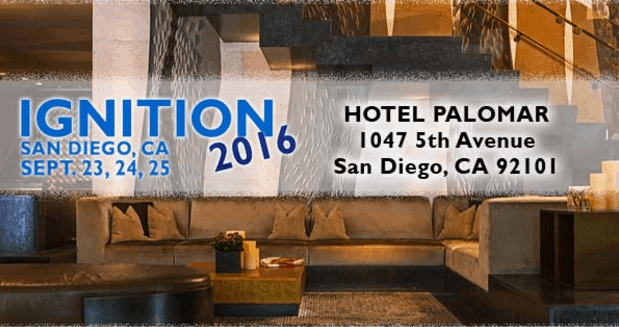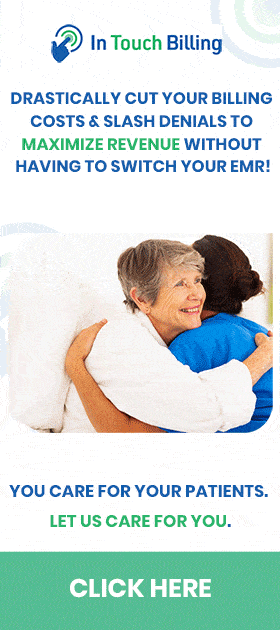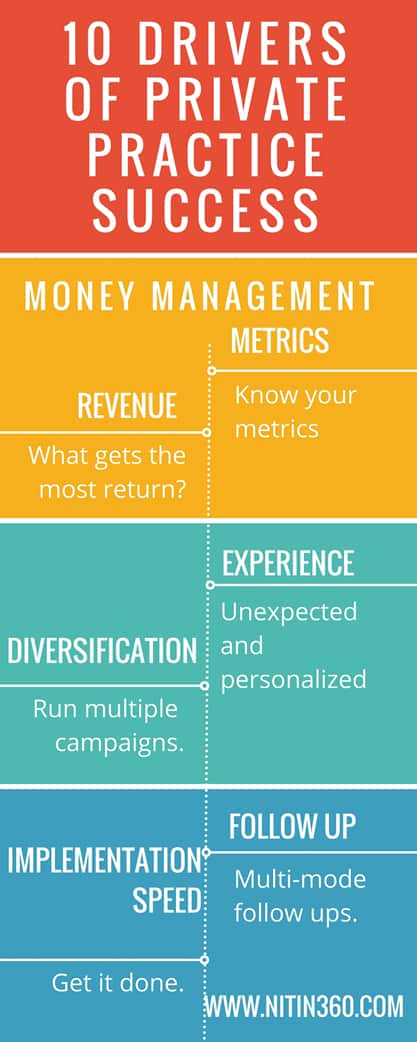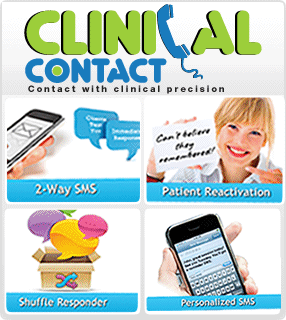I’m writing to you from Miami, FL after having finished an intense day of masterminding with a team I assembled – a highly successful group of private practice owners.
In my presentation today, I taught each member of my group how to position his / her clinic as the “Starbucks” of private practices in the community.
I taught the lesson with a simple, true story. After an intense day in the heat and humidity earlier this week, I was starting to get really thirsty. A tall, cool drink – my beloved iced coffee from Starbucks was all I could think off. There were a bunch of coffee shops near the hotel but none that served coffee like Starbucks does (at least not in my opinion).
There was no Starbucks in the area, and my thirst buds started to guide the way.
So I decided to catch a cab to the nearest Starbucks, 3 miles away.
It cost me $15 plus tips each way to get to the nearest Starbucks plus the cost of my iced coffee, so in reality, the coffee cost me over $33.58.
But to me, it was worth every penny.
Why?
Because every single time I step into a Starbucks, I feel like a VIP. I am greeted with familiarity and comfort, in addition to consistent, outstanding customer service regardless of which coast I am on. That’s exactly why I was willing to pay a premium.
My mind flashed back to Betty, the server at my local Starbucks where I usually pick up my $4 soy decaf blueberry latte every day at 7.30 am.
“Hi Nitin, great to see you! I see you are running a couple of minutes behind today. I don’t want you to be late for work, so is it going to be the same? I suggest a dash of hazelnut – it just came in today and I think you’ll really like it!”
One thing was pretty clear. Each time I visited Starbucks, I got more than a cup of coffee, I got an experience. I was made to feel special.
The Starbucks business model has changed the coffee industry as we know it. Coffee drinkers are able to customize their beverage with the hand-crafted assistance of a ‘barista’ (the Italian equivalent of a bartender). This customization adds a heightened level of satisfaction for each consumer, with simple, yet delightful additions like soy milk and various ‘pumps’ of flavor and sweetener. Compare this with a system-based, automated approach like your order at McDonalds, and you’ll see why people (myself included) go out of the way to pay $4 for a cup of coffee that would normally be 50% cheaper at McDonalds.
In fact, I didn’t even know that McDonalds sold lattes and cappuccinos until my wife Ritika mentioned it to me. Have you ever had such a problem when trying to educate patients or referral services about your services?
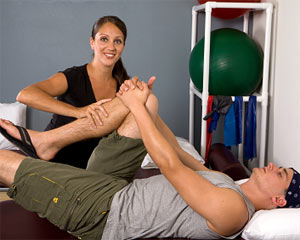 The truth is, what a consumer pays for is not always what he / she wants. A customer who pays $4 or more for a latte is paying for the experience, the ‘feel good’ factor, the human connection and not just the drink. In fact, the customer subconsciously knows he/she is overpaying, but still continues to pay top dollar for a premium service. Consumers in a new economy, a sophisticated, fast-paced world will pay a premium fee for a genuine, ‘warm fuzzy feeling’ human connection.
The truth is, what a consumer pays for is not always what he / she wants. A customer who pays $4 or more for a latte is paying for the experience, the ‘feel good’ factor, the human connection and not just the drink. In fact, the customer subconsciously knows he/she is overpaying, but still continues to pay top dollar for a premium service. Consumers in a new economy, a sophisticated, fast-paced world will pay a premium fee for a genuine, ‘warm fuzzy feeling’ human connection.
This ‘human touch’ is one of the factors that adds to the perception of quality. In a service related profession like physical therapy, success has a lot to do with perception, since perception is perceived as reality.
If you want to be the busiest, most in-demand and the most referred to private practice in town, then you need to be the Starbucks of private practice – plain and simple.
Being the ‘Starbucks’ of private practice means you get more patients, the best patients. You get more referrals from your current patients and more referrals from doctors. You can even command high prices in some situations. You can provide patients with more products and services beyond ‘traditional’ physical therapy. So how do you become the Starbucks of private practice?
Starbucks like every other conglomerate, started with one store. Founder Howard Schultz said “The success of Starbucks demonstrates that we have built an emotional connection with our customers… We have a competitive advantage over classic brands in that every day we touch and interact with our customers directly.”
“Our product is not sitting on a supermarket shelf like a can of soda. Our people have done a wonderful job of knowing your drink, your name and your kids’ names”.
Similarly, in private practice, the patient interacts with the therapist several times during the course of the treatment. This presents the clinician with several opportunities to provide a ‘blue chip’ patient experience. Don’t forget that the patient has several options. He / she could easily go to a local pharmacy and pick up some over-the-counter medication for pain relief and avoid physical therapy, even if they need it. They could also consult with other professionals including personal trainers and chiropractors. The fact that we, as clinicians, get the patient’s undivided attention several times during the course of the treatment (prior to discharge) is a significant opportunity. Happy patients present you with a zero-cost branding opportunity. At the March event, I’ll teach you exactly how to condition patients to recognize your authority and refer friends, family and co-workers, and even act as a bridge to introduce you to their referring doctors.
You’ll learn how to create a ‘Starbucks’ culture in your practice. Dave Olsen, senior vice president of culture and leadership development at Starbucks states that “It doesn’t matter how many millions or billions of cups of coffee Starbucks has served, if the one you get does not suit you.”
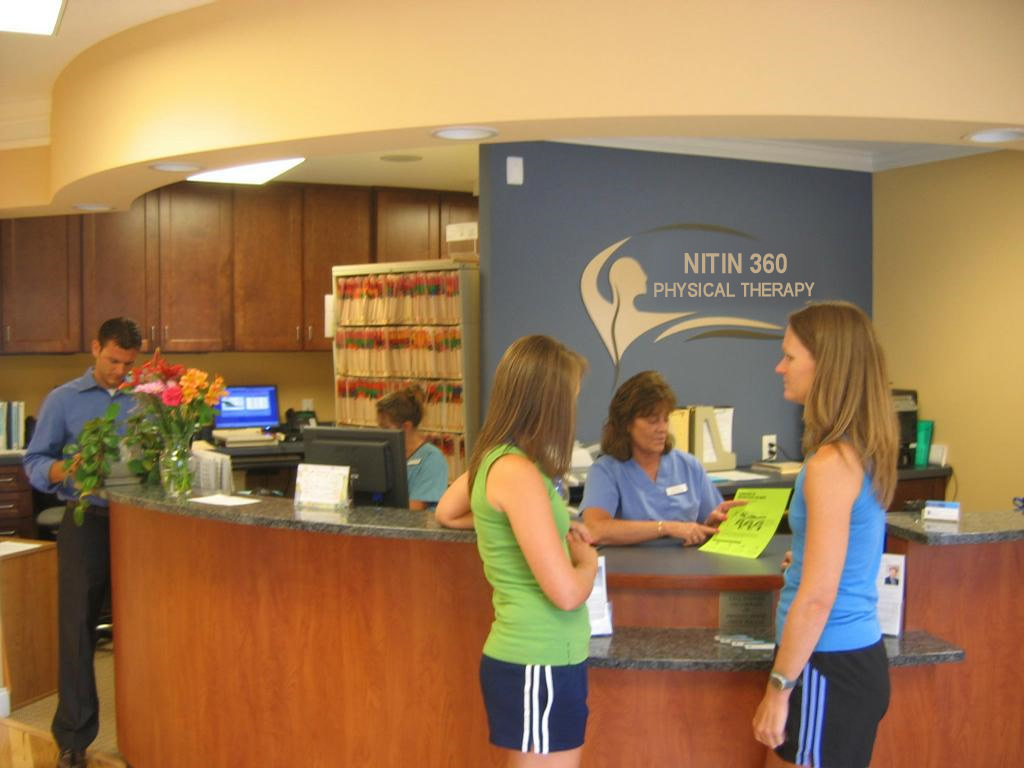 “We will deliver a drink that suits you every time, and create an experience in the process. The experience must fit the customer.”
“We will deliver a drink that suits you every time, and create an experience in the process. The experience must fit the customer.”
Starbucks strive to maintain a high level of consistency and quality for that particular customer, and that is their promise.
Starbucks encourages employee individuality, and avoids scripted customer service approaches. Staff members are provided a structure to engage with clients in productive, meaningful ways. Management at Starbucks calls this the “5 Ways Of Being”
1. Be Welcoming
2. Be Genuine
3. Be Considerate
4. Be Knowledgeable
5. Be Involved
How can the “5 Ways Of Being” work in your practice? Ask yourself:
- Is your practice giving your patients those memorable experiences?
- Are you or your staff connecting with your patients on a human level?
- Is there a sense of community within your staff?
- Do you share your knowledge with others (including staff) to generate passion and awareness for your practice?
- Is the staff engaged and willing to contribute ideas/ suggestions to boost your reputation and efficiency?
In a private practice, the way your team interacts with a 62 year old patient recovering from a fall injury must be different from a 17 year old high school athlete with a torn meniscus. This goes a step beyond clinical intervention – it’s the human interaction that leaves a lasting impression with the patient (customer), long after discharge. Patient’s want more experiences with individuals like Betty in your clinic. It is the experience that will be what they remember most and that’s what will keep them (and their friends) coming back. At the Private Practice Formula 11, you will learn EXACTLY how to give patients this ‘Starbucks’ experience.
Your clinic, like Starbucks, must successfully master the application of the most basic principle of giving the consumer an experience to remember- this has helped Starbucks build its brand and keep their customers coming back.
It’s how the founder Howard Schultz went from a salesperson in a xerox corporation to an owner of a global franchise and a personal net worth of $1.1 billion (2006, Forbes). He did allow negative comments and naysayers to hold him back. He never once thought:
- It’s just coffee – no one will pay $4 for a cup
- This industry is different – the ‘barista’ approach won’t work
- I am not worth that much
- My clients will not like this approach
- Now is not the right time
- There is nothing unique about what I have to offer
- This is beyond the scope of my expertise
Sounds familiar? Don’t let negative self talk hold you back.
Join us for the #1 Rated Physical Therapy Business Conference in the Country.
www.ignitionevent.com <——— Click here to secure your tickets before the price goes up.
September 23, 24, 25 in San Diego, CA.
Tickets are 65% off for a limited time.
We only have a certain amount of tickets available at this price, so
CLICK HERE TO SECURE YOUR SEAT


